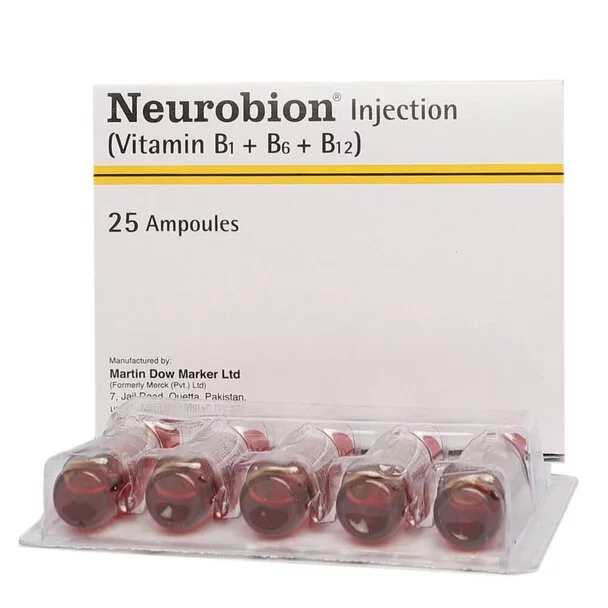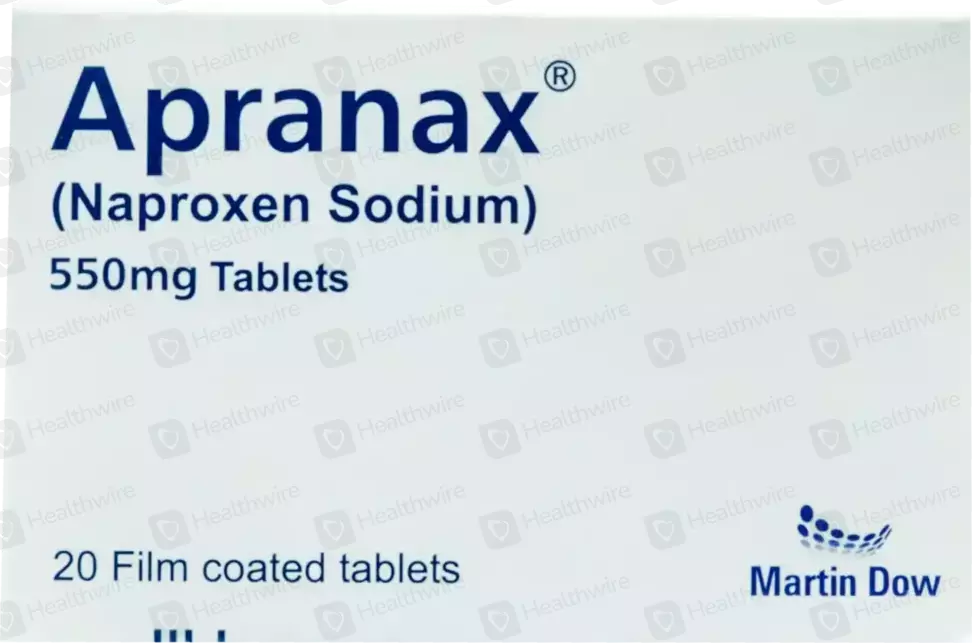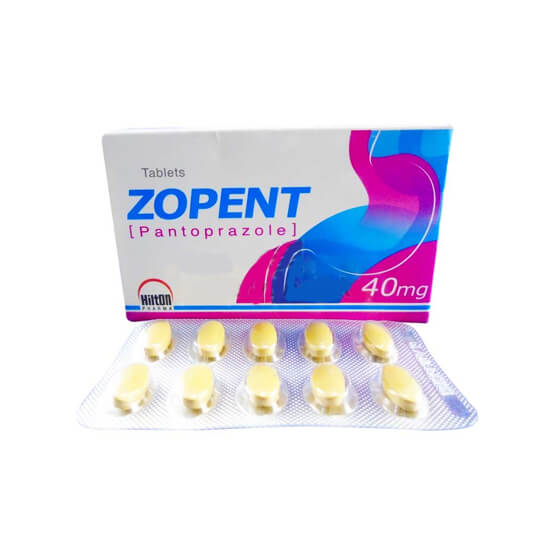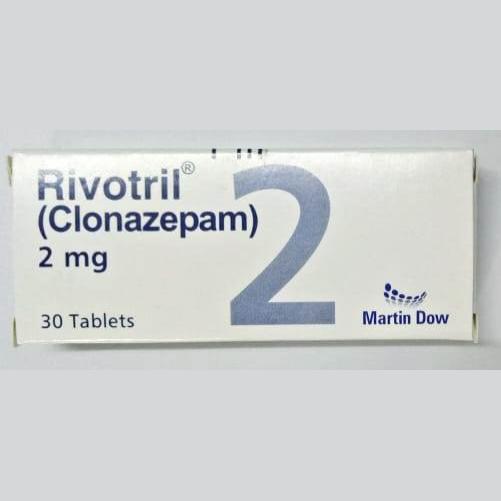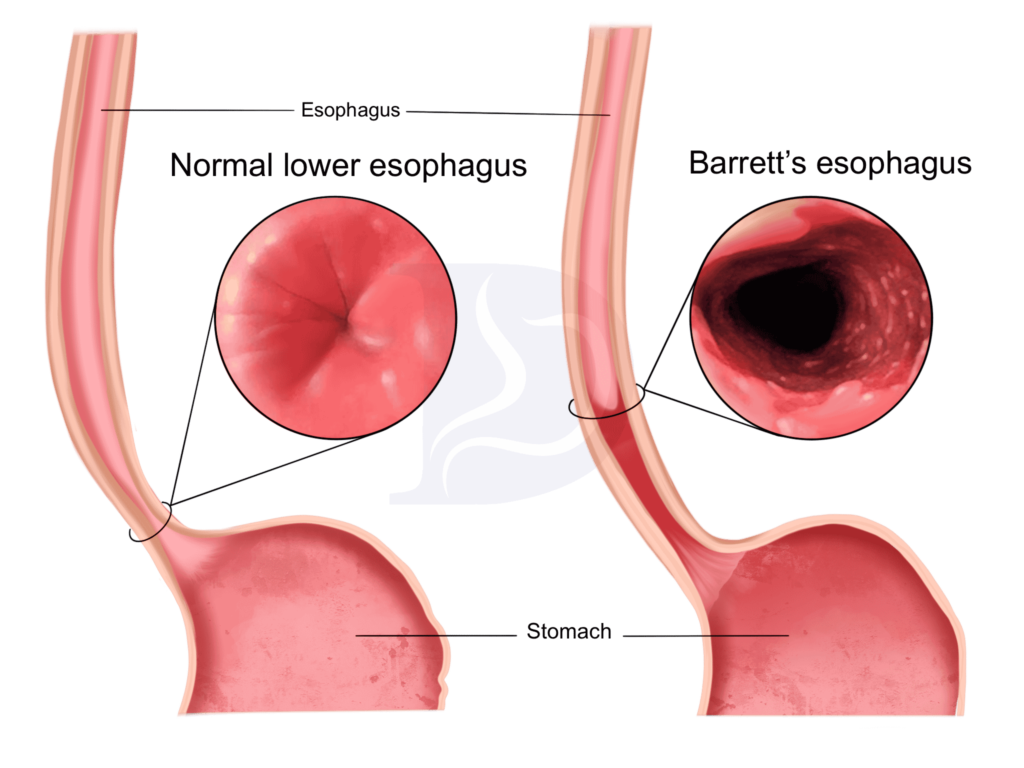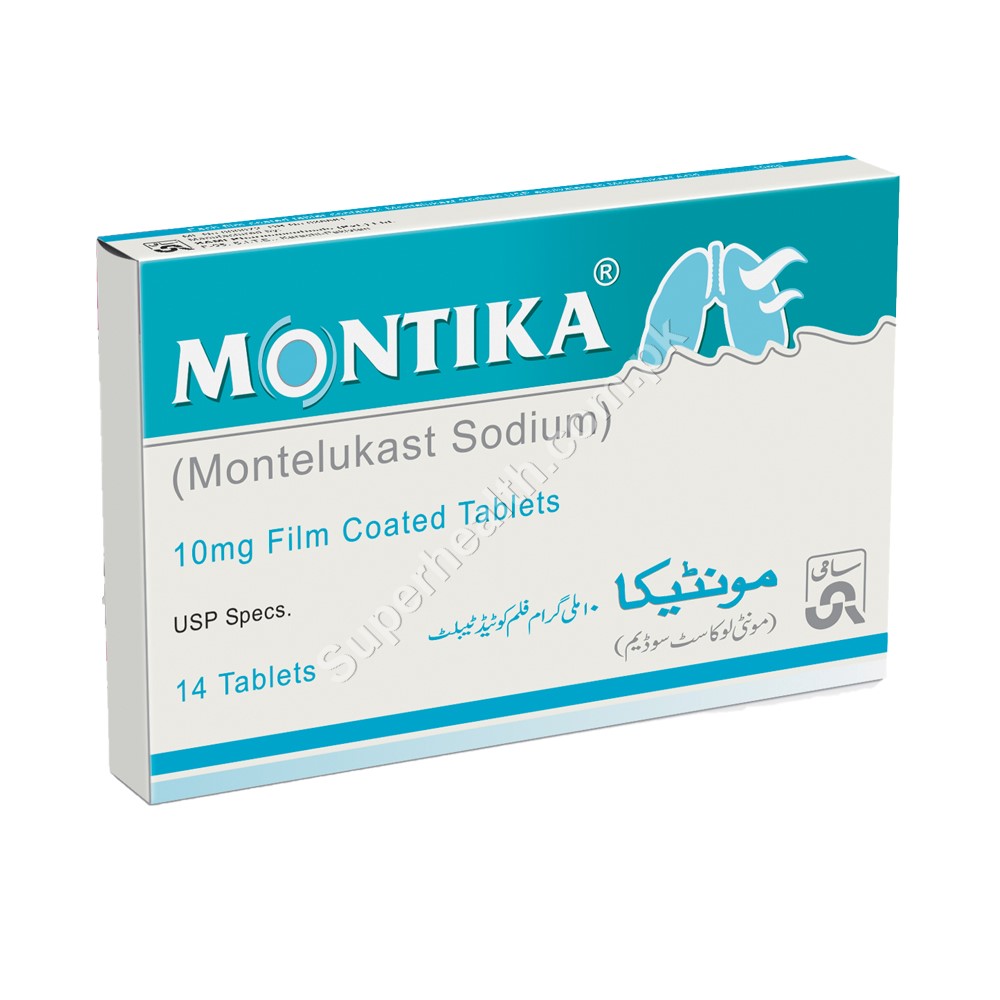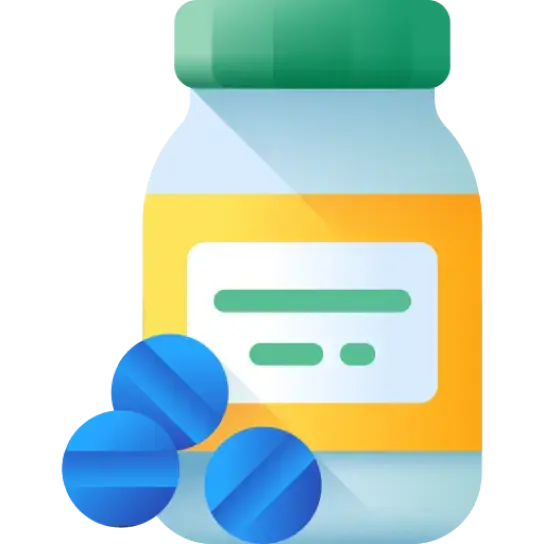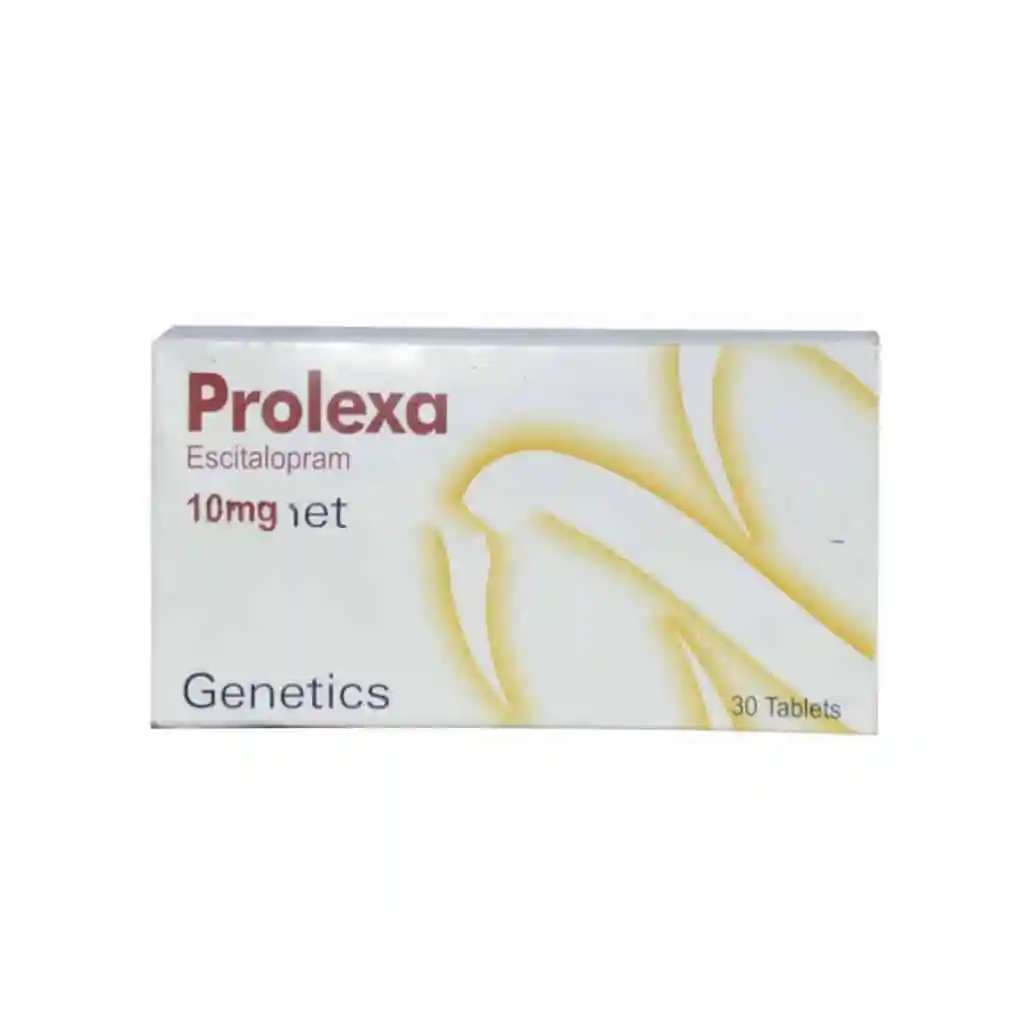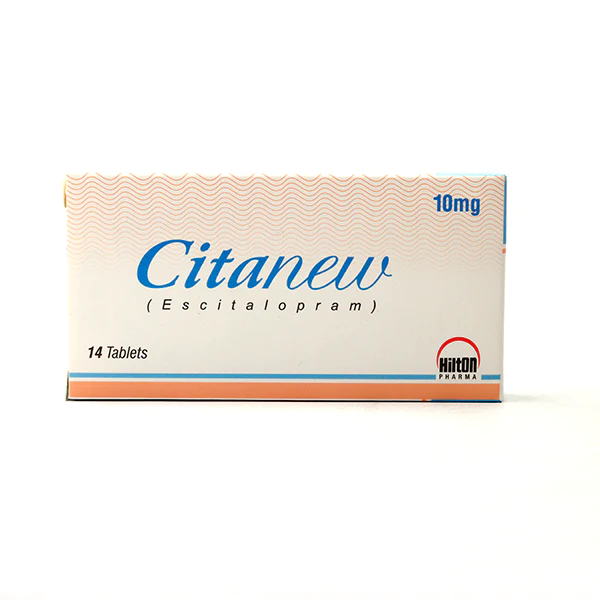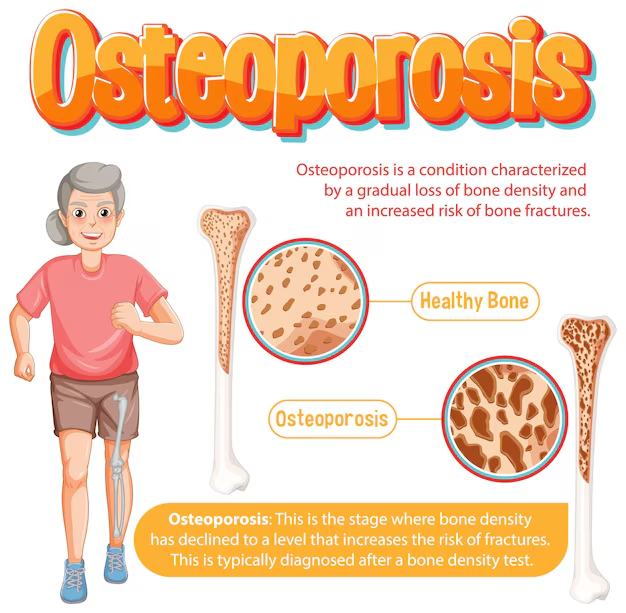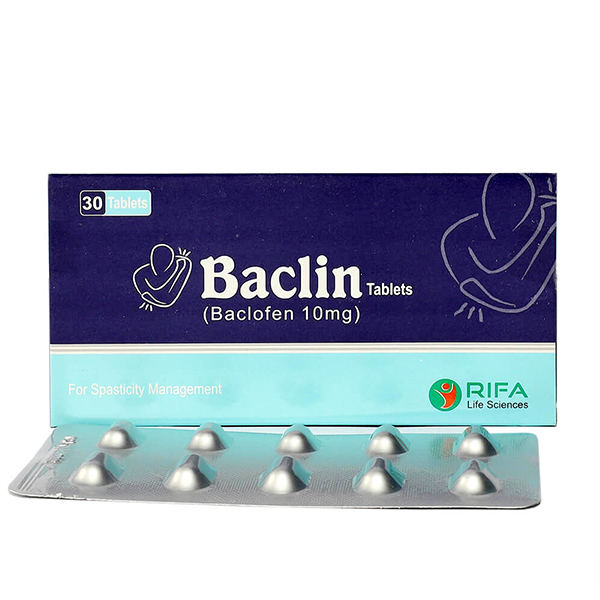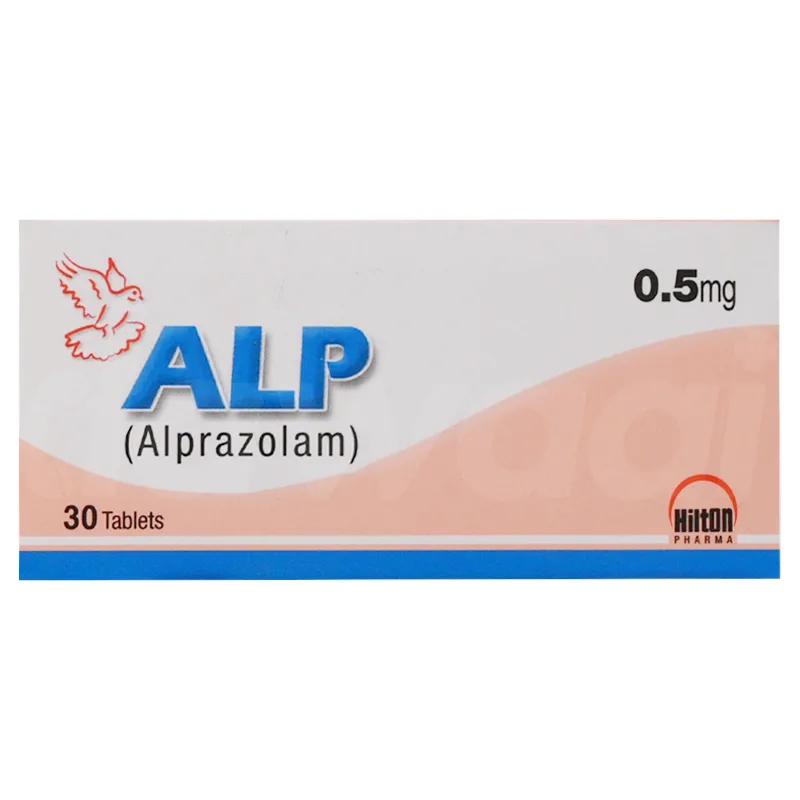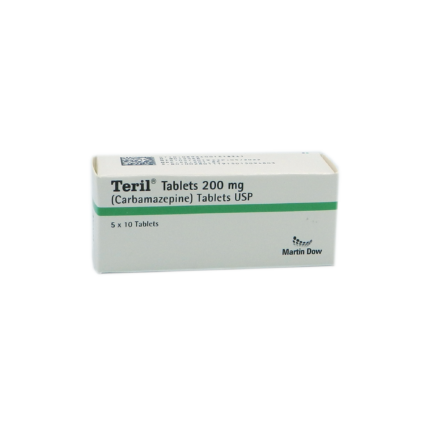Predsol Tablet: Uses, Dosage, Side Effects And Warnings
Introduction Predsol tablet is used to treat inflammations, pain, and allergies. This tablet contains Prednisolone which belongs to the family of corticosteroids. Corticosteroids are already in the body, but we take this tablet to boost it. Prednisolone is a man-made form of a natural substance (corticosteroid hormone) made by the adrenal gland. Ingredients Prednisolone is present in it as an active ingredient which belongs to the class of Corticosteroids. Generic Name Prednisolone How Does Predsol Tablet Work? Mechanism: Predsol tablet operate at the cellular level, in the cell they bind to the glucocorticoid receptors. The interaction of glucocorticoid receptors and the Rapicort stimulates a series of molecular events. Predsol Tablet Uses: Inflammatory Conditions Rheumatoid Arthritis: To reduce joint pain, swelling, and stiffness. Inflammatory Bowel Disease (IBD): Such as Crohn’s disease and ulcerative colitis, to manage inflammation in the intestines. Asthma: It is used for Asthma patients Skin Conditions: Like severe eczema, psoriasis, or allergic dermatitis. Allergic Reactions Severe Allergies: To reduce airway inflammation and improve breathing during severe asthma attacks or allergic reactions. Autoimmune Disorders Lupus (Systemic Lupus Erythematosus): To suppress the immune system and reduce inflammation. Multiple Sclerosis (MS): Prednisolone is used to reduce inflammation during flare-ups. Vasculitis: Inflammation of blood vessels, often treated with corticosteroids like prednisolone. View more: Kestine tablet Uses, Side Effects, and Precautions Dosage Use as per doctor’s advice. Overdose If you have taken more than the recommended by the doctor. Seek medical help. Because overdose may cause serious health problems. Missed Dose If you have missed the dose take it if the time to the next dose is far otherwise don’t double the dose to cover the missed dose. Who Should Take Predsol Tablet? Those who are suffering from the following health conditions should take Predsol tablet. Inflammatory Conditions Rheumatoid Arthritis: To reduce joint pain, swelling, and stiffness. Inflammatory Bowel Disease (IBD): Such as Crohn’s disease and ulcerative colitis, to manage inflammation in the intestines. Asthma and Severe Allergies: To reduce airway inflammation and improve breathing during severe asthma attacks or allergic reactions. Skin Conditions: Like severe eczema, psoriasis, or allergic dermatitis. Autoimmune Disorders: Lupus (Systemic Lupus Erythematosus): To suppress the immune system and reduce inflammation. Multiple Sclerosis (MS): This tablet is used to reduce inflammation during flare-ups. Vasculitis: Inflammation of blood vessels, often treated with corticosteroids like prednisolone. Predsol Tablet Side Effects it has some side effects which are Tiredness, dizziness increased number of white blood cells blood clotting nausea and vomiting heart problems difficulty in breathing convulsions vertigo(dizziness) headache raised pressure in the brain vision problems mental illness worsening of epilepsy increased pressure in the eyeball (glaucoma) whitening or clouding of the lens (cataracts) pressure on the nerve to the eye, thinning of the tissues of the eye (sclera and cornea) Warnings And Precautions Everyone must take some precautions before using this medication. Don’t take it or inform your doctor if you are pregnant. Use cautiously if you are in a breastfeeding era. If you have any kidney disease, talk to your doctor before using it. inform your doctor in case you are suffering from liver disease. Don’t use it after expiry date. Storage keep it away from sunlight. keep away from kids. Don’t store at a warm place. keep at a dry place. Disclaimer This article is just for information purposes only. Don’t take it as a doctor or medical advice.
Predsol Tablet: Uses, Dosage, Side Effects And Warnings Read More »
